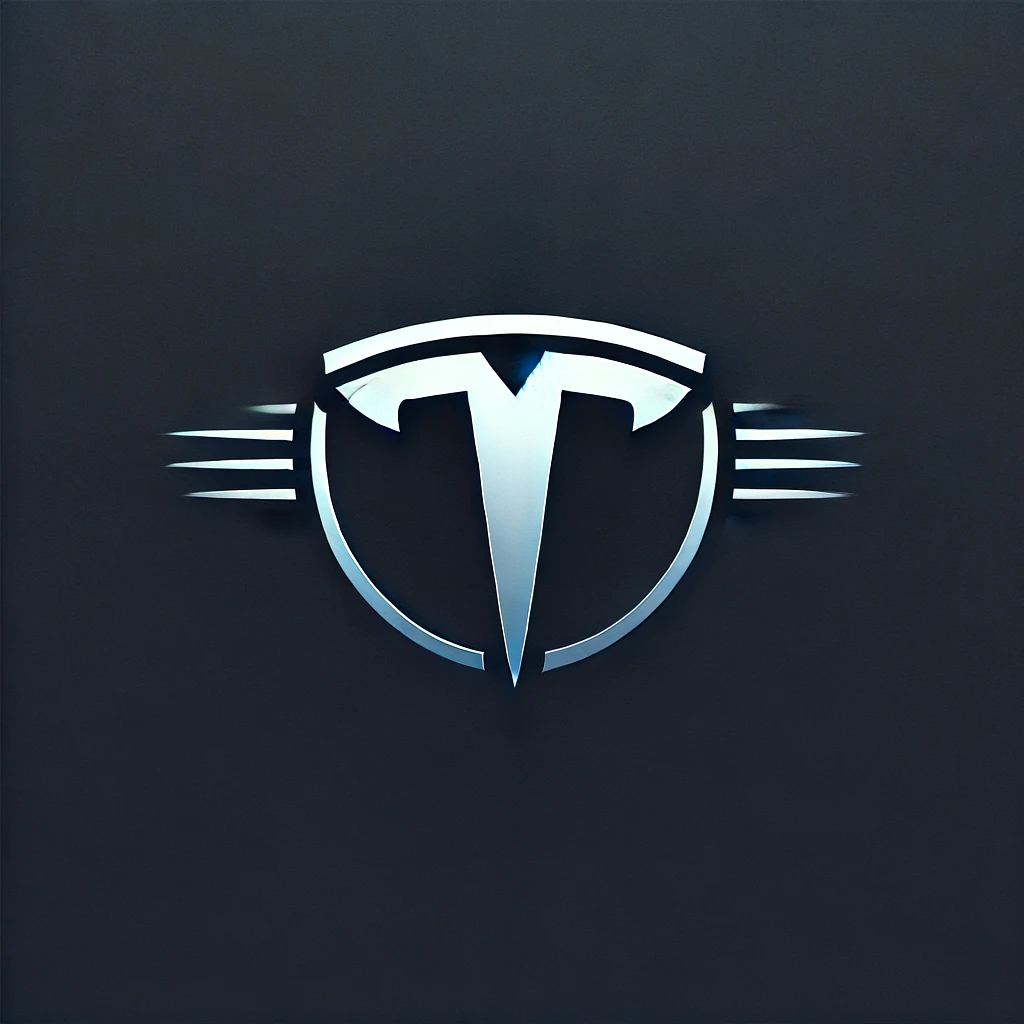Lawsuit Filed Against Elon Musk and Tesla Board
Tesla shareholders are suing CEO Elon Musk and members of the company’s board over Musk’s decision to launch xAI, an artificial intelligence company. The shareholders claim Musk diverted talent and resources from Tesla to the new venture, violating his fiduciary duties. The lawsuit was filed by the Cleveland Bakers and Teamsters Pension Fund in Delaware Chancery Court, just hours before Tesla’s annual meeting where shareholders are expected to re-ratify Musk’s controversial $56 billion compensation package.
Allegations and Claims
The plaintiffs argue that Musk’s establishment of xAI constitutes a direct conflict of interest and breach of fiduciary duties. They allege that Musk has been unjustly enriched by diverting Tesla’s resources to xAI, and that the board has failed to hold him accountable. The suit demands that Musk surrender his stake in xAI to Tesla. The complaint highlights the ethical violations of Musk creating and leading a competing company while still at the helm of Tesla, drawing a parallel to the CEO of Coca-Cola starting a rival company.
Background on xAI and Musk’s Actions
Musk founded xAI in 2023, securing $6 billion in funding for the startup, positioning it to compete with OpenAI, Microsoft, and Alphabet. Following the establishment of xAI, Tesla reportedly began reallocating resources and personnel to the new company. At least 11 Tesla employees have transitioned to xAI, and Tesla’s AI-related data has allegedly been shared with the startup.
Furthermore, Musk is accused of diverting a large shipment of Nvidia AI processors intended for Tesla to his social media company X (formerly Twitter). Musk justified this by stating Tesla’s new data center in Texas was still under construction and couldn’t accommodate the processors.
Shareholders’ Demands
The plaintiffs demand that Musk relinquish his stake in xAI to Tesla, arguing that the board’s inaction amounts to dereliction of duty. They criticize the board for allowing Musk to exploit Tesla’s resources for personal gain, calling it a blatant disregard for shareholder interests.
“The notion that the CEO of a major, publicly traded Delaware corporation could—with the evident approval of his board—start a competing company, and then divert talent and resources from his corporation to the startup, is preposterous,” the complaint reads.
Implications for Tesla and Musk
From my perspective, this lawsuit presents a significant challenge to Musk’s leadership at Tesla and could have substantial implications for corporate governance. If the court rules in favor of the shareholders, it could force significant changes in how Tesla’s board oversees Musk’s ventures.
On the one hand, Musk’s vision and bold moves have been pivotal in establishing Tesla as a leader in the electric vehicle and AI sectors. His claim that Tesla is more of an AI company than an automaker has contributed to its high stock valuation. However, this lawsuit underscores the potential risks of Musk’s unconventional management style and the blurred lines between his various ventures.
Conclusion
This legal battle highlights the tension between visionary leadership and fiduciary responsibility. Tesla’s shareholders are demanding accountability and the protection of their investments. As I see it, the outcome of this lawsuit could set a precedent for how companies manage conflicts of interest and enforce ethical standards among top executives.






